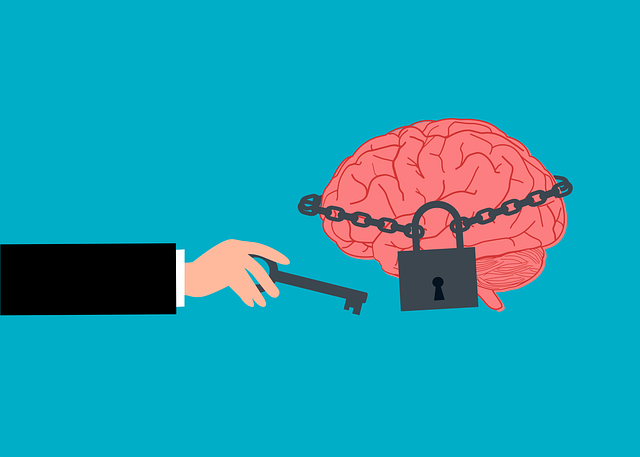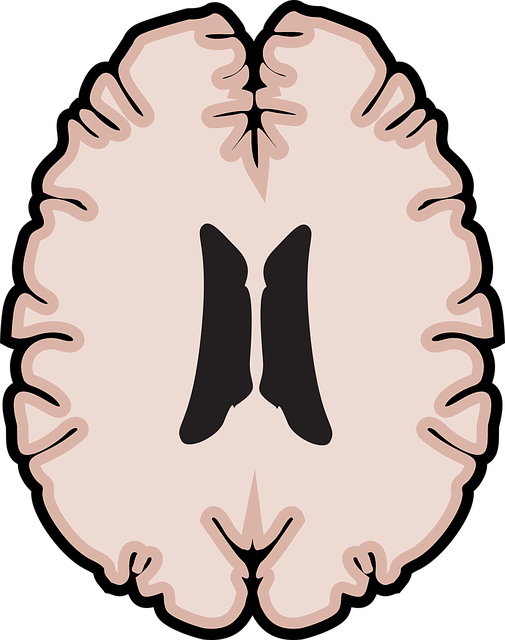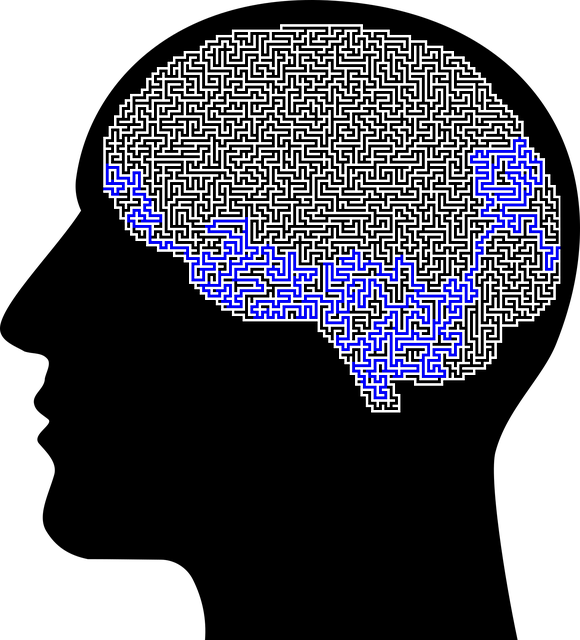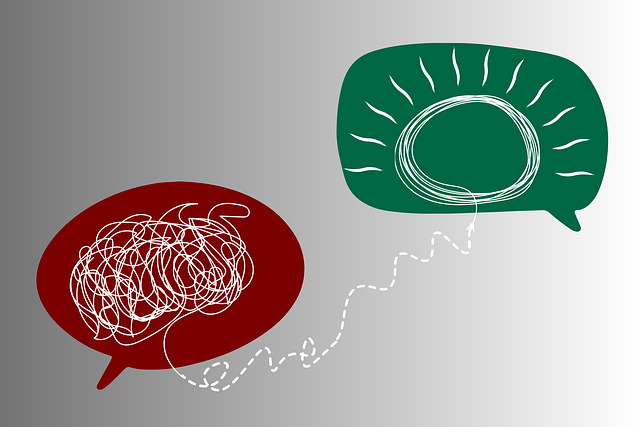The Resourceful Fronting Method (RFM) is a therapeutic approach that focuses on building resilience and superior self-esteem, vital components of emotional well-being and mental health. By integrating RFM exercises into daily routines, individuals gain coping skills to adapt to challenges, trauma, or stress, preventing burnout and fostering personal growth. Techniques like 'Strengths and Accomplishments' collages and 'Challenge and Overcome' narratives cultivate internal resources, fortitude, and mastery, leading to enhanced self-esteem and emotional intelligence. This holistic approach, sensitive to cultural contexts, combines mindfulness, goal setting, and celebration of small victories to build long-term resilience and navigate life's challenges with grace, ultimately achieving superior self-esteem therapy.
“Unleash your inner strength with RFM—a powerful tool for building resilience and achieving superior self-esteem. This transformative approach combines mindfulness, physical movement, and emotional awareness to equip individuals with effective coping strategies.
In this comprehensive guide, we’ll explore how understanding RFM can empower you to navigate life’s challenges. We’ll delve into practical exercises that target self-esteem, offering a roadmap for integrating these practices into daily routines for lasting resilience.”
- Understanding RFM and Its Role in Resilience Building
- Exercises to Enhance Self-Esteem Through RFM
- Integrating RFM into Daily Life for Long-Lasting Resilience
Understanding RFM and Its Role in Resilience Building

Resilience is a key component of emotional well-being and mental health. It’s the ability to adapt and bounce back from life’s challenges, trauma, or stress. RFM (Resourceful Fronting Method), a therapeutic approach designed to enhance resilience through cultivating superior self-esteem, plays a pivotal role in this process. This method encourages individuals to confront and reframe their thoughts and experiences, empowering them to develop robust coping skills that can prevent burnout and foster overall mental health.
By integrating RFM into their lives, individuals not only build resilience but also gain valuable tools for managing stress and adversity. This involves creating a self-care routine that prioritizes mental well-being, as well as learning to recognize and challenge negative thought patterns. As a result, those who engage in these exercises can improve their ability to cope with life’s challenges, enhancing both personal growth and overall quality of life.
Exercises to Enhance Self-Esteem Through RFM

Building resilience through RFM (Resource, Fortitude, and Mastery) exercises can significantly enhance an individual’s self-esteem. These exercises focus on empowering individuals to cultivate internal resources by identifying their strengths and accomplishments, fostering fortitude by facing and overcoming challenges, and promoting mastery by setting achievable goals and celebrating successes. This process allows individuals to develop a deeper sense of self-worth and confidence, which are crucial for navigating life’s hurdles with resilience.
One effective RFM exercise is creating a ‘Strengths and Accomplishments’ collage. Individuals are encouraged to gather images, words, or symbols that represent their achievements and positive traits. This visual representation serves as a reminder of one’s capabilities, fostering self-acceptance and appreciation. Additionally, engaging in ‘Challenge and Overcome’ narratives where individuals share stories of overcoming adversity can boost resilience and self-esteem. These exercises, combined with proper communication strategies and cultural sensitivity in mental healthcare practice (as discussed in the context of risk assessment for mental health professionals), create a holistic approach to superior self-esteem therapy.
Integrating RFM into Daily Life for Long-Lasting Resilience

Integrating RFM (Resilience, Flexibility, and Mastery) into your daily life can significantly enhance your mental health awareness and emotional intelligence. This approach goes beyond mere self-care routine development for better mental health; it’s about cultivating a mindset that equips you to navigate life’s challenges with grace. By regularly practicing exercises that build resilience, individuals can boost their superior self-esteem therapy and gain a deeper sense of control over their emotions and reactions.
This integration involves adopting strategies that foster flexibility in the face of adversity. For instance, mindfulness practices help individuals stay grounded in the present moment, reducing the impact of stressful situations. Mastery skills, such as setting achievable goals and celebrating small victories, build confidence and a sense of accomplishment. Over time, these practices contribute to long-lasting resilience, enabling individuals to approach life’s ups and downs with equanimity and empowerment.
RFM, or Resilient Focus Methodology, offers a powerful framework for cultivating resilience and superior self-esteem. By understanding our emotional responses and implementing targeted exercises, we can navigate life’s challenges with greater ease. Integrating RFM into daily routines empowers individuals to build long-lasting mental fortitude, fostering adaptability and a positive mindset. This approach, when combined with Superior Self-Esteem Therapy, provides an effective path towards personal growth and well-being.














